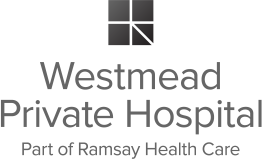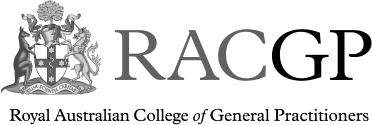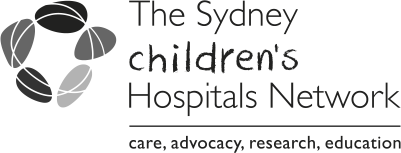The first six weeks after giving birth, often referred to as the postpartum period, are crucial for both mother and baby. During this time, your bodily systems gradually return to their pre-pregnancy state, and you undergo significant physical and psychological recuperation. Additionally, this period is essential for developing your parenting skills, as you learn to care for and bond with your newborn. Postpartum care is the understanding and addressing of the needs of this transitional phase, vital for your long-term wellbeing and that of your baby.
One of the primary aspects of postpartum care is conducting routine clinical examinations. These check-ups are designed to monitor your physical recovery, ensuring that your body is healing properly after childbirth. Health professionals will check for common postpartum issues such as infections, uterine involution and perineal healing. These examinations also include monitoring vital signs, assessing your overall physical condition and ensuring that any pre-existing conditions, such as hypertension or diabetes, are well-managed.
Screening for potential disorders during the postpartum period is another critical component. Postpartum depression and anxiety are common, affecting many new mothers. Early identification and intervention are crucial for managing these conditions effectively. Health professionals will often use screening tools and questionnaires to assess your mental health and provide appropriate referrals or treatments if needed. Additionally, conditions such as postpartum thyroiditis and anaemia can also occur, necessitating regular blood tests and monitoring.
Infant feeding support is another vital aspect of postpartum care. Whether you choose to breastfeed or bottle-feed, having access to professional advice and support can make a significant difference. Lactation consultants can help you with latching techniques, positioning, and managing any breastfeeding challenges you might encounter. If you are formula feeding, ensuring that you understand proper preparation and feeding practices is essential. Proper nutrition for both you and your baby is fundamental during this period, and having the right support can help establish healthy feeding routines.
Providing assistance and care as needed extends beyond medical support. Emotional and psychological support from healthcare providers, family, and friends plays a crucial role in your postpartum recovery. Adjusting to life with a newborn can be overwhelming, and having a strong support network can help alleviate stress and promote a positive adjustment. Practical help with household chores, meal preparation, and caring for other children can also significantly reduce the burden on new parents.
Dr Delgado’s commitment to providing patient-centred care ensures you receive the personalised attention necessary during this critical adjustment period. Dr Delgado and the healthcare team will work closely with you to create a care plan tailored to your unique circumstances. This approach ensures that your physical recovery, mental health, and overall wellbeing are prioritised, and that any concerns you have are addressed promptly and compassionately.
The first six weeks postpartum is also a time for developing parenting skills. You will learn to interpret your baby’s cues, establish routines and gain confidence in your ability to care for your newborn. Parenting classes and support groups can provide valuable information and peer support, helping you navigate the challenges of new parenthood. These resources can also offer guidance on infant sleep patterns, soothing techniques, and developmental milestones.
Overall, the postpartum period is a time of significant change and adjustment. Comprehensive postpartum care encompasses routine clinical examinations, screening for potential disorders, infant feeding support, and the provision of emotional and practical assistance. Dr Delgado’s patient-centred approach ensures that you receive the personalised care and support needed to navigate this transition successfully. By prioritising your health and wellbeing, as well as that of your baby, you can foster a positive postpartum experience and lay a strong foundation for your parenting journey.












